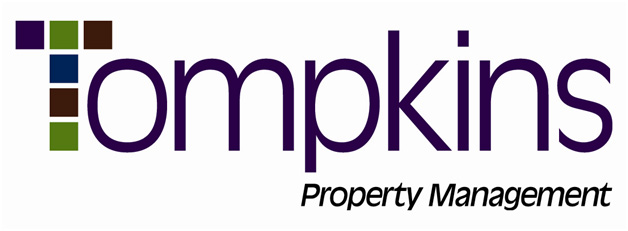Water leak? Insurance will reimburse no more than $10K
TALLAHASSEE, Fla. – Aug. 18, 2017 – A water pipe breaks inside a wall of your house while you are at work, and you return home hours later and find water everywhere – warping your cabinetry, soaking your drywall, and destroying a large section of your wood floor.
If you’re a customer of Citizens Property Insurance Corp., you will soon face two choices:
- Find your own repair contractor and figure out a way to stretch a reimbursement payment capped at $10,000.
- Or get the cap waived if you agree to use Citizens’ new Managed Repair Contractor Network Program – provided Citizens makes the program available to you.
Citizens, the state-run insurer of last resort, this week secured approval from insurance regulators to impose those choices upon new and renewing policyholders effective Feb. 1.
State Insurance Commissioner David Altmaier informed the Florida Cabinet on Wednesday that he expects private-market insurers will want to copy the $10,000 limit as well as newly approved requirements for water-damage repair contractors working under an “assignment of benefits” (AOB).
The coverage cap affects losses from accidental discharges or overflows of water from plumbing, heating, air conditioning, fire suppression sprinklers or household appliances for about 150,000 multiperil and dwelling fire residential policies in South Florida.
The other approved change holds contractors working under an assignment responsible for the same “duties after loss” as policyholders, including submitting damage reports and detailed repair estimates, participating in appraisals by Citizens’ adjusters and answering questions under oath.
The changes are intended to cut insurers’ costs by reducing incentives for water damage repair contractors to convince policyholders to sign over benefits of their claims, then “stand in their shoes” to pursue reimbursement for repairs.
The changes, along with others under consideration by the state Office of Insurance Regulation, “will be helpful in my opinion in curbing some of these losses,” Altmaier said. He added, “I don’t believe that they would be as effective as a legislative change would be.”
Citizens and other insurers have complained for several years about increased use of assignments by contractors who submit inflated claims and quickly file suit if insurers underpay or deny the claims.
Water repair contractors and about a dozen law firms, mostly in South Florida, have created a cottage industry out of filing AOB lawsuits, insurers say, because they have little to lose. That’s because contractors are protected by a so-called “one-way attorney’s fee” law originally intended to enable policyholders to sue their insurance companies without the risk of having to pay their insurers’ legal fees if the policyholders lose a case.
Working under assignments, contractors can file suit with no risk of having to cough up legal fees if they don’t win, Citizens and other insurers say.
Citizens blamed increased litigation for a net operating loss of $27 million in 2016, and for pursuing rate increases for 2018 averaging between 9.3 and 10.4 percent in Broward, Palm Beach and Miami-Dade counties. President and CEO Barry Gilway has warned that Citizens customers face increases of 10 percent – the maximum under state law – for years to come if abuses don’t stop.
Several private market insurers, not restricted to 10-percent hikes, have raised their rates in South Florida by higher averages so far this year.
Citizens unveiled its managed repair contractor network on July 1, nearly two years after Gilway first endorsed the concept in 2015. Intended to provide Citizens with the ability to immediately take control of claims, the program also provides emergency water removal services at no cost to policyholders – an incentive that gets Citizens’ adjusters early access to inspect damages.
Critics of managed repair programs say they deprive homeowners of the right to choose their contractors, and can result in subpar work by companies motivated to save money for insurance companies.
The latest coverage changes follow limitations pioneered by Citizens in 2016, then copied by nearly all private-market insurers serving Florida. Those changes capped emergency repairs at $3,000 or 1 percent of overall coverage without the insurer’s prior approval, and gave insurers the right to deny reimbursement for permanent repairs started within 72 hours after a claim is reported unless the company first inspects the property or approves permanent work.
The Florida Justice Association, which was critical of the 2016 changes, called the new $10,000 water damage cap “anti-consumer and anti-homeowner.”
“If Citizens is cutting the benefit, they should cut the premium and abandon the rate increase,” Paul Jess, interim executive director said by email. “Without that, this deal is a rip-off.”
Copyright © 2017 the Sun Sentinel (Fort Lauderdale, Fla.), Ron Hurtibise. Distributed by Tribune Content Agency, LLC.
